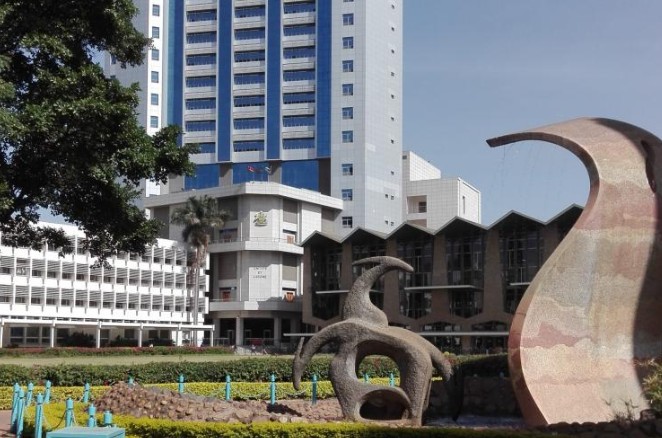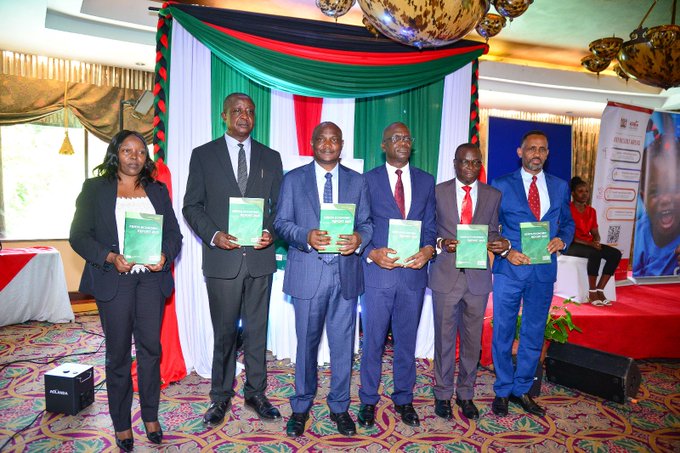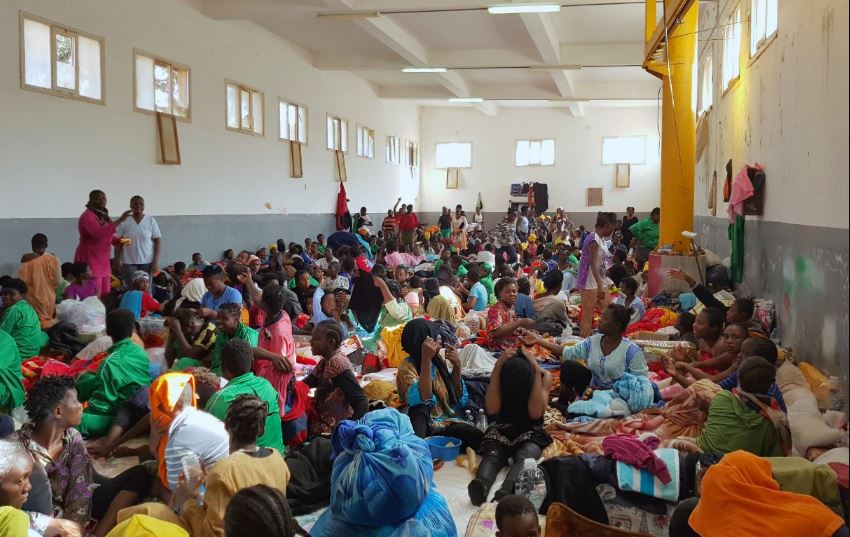UON students to hold peaceful protests over HELB delays on Friday

The delay stems from the disruption caused to the 2024/2025 academic calendar by lecturer strikes last year, which led to an extended first semester and delayed the start of the second semester.
The University of Nairobi students have decried delays in the disbursement of Higher Education Loans Board (HELB)funds, stating that the financial strain is making it difficult for them to sustain themselves.
UoN President Rocha Madzayo has announced plans for peaceful protests on Friday to demand the release of the funds.
More To Read
- Helb loan defaults hit Sh46 billion as 380,000 graduates struggle to repay
- KMTC students to start accessing Helb loans after final talks next week
- HELB loan defaults hit Sh42 billion as number of defaulters surges by 40 per cent
- HELB: Former students owe Sh32 billion in unpaid loans, 64,000 blacklisted
- Senators demand reopening of HELB portal to allow more students to apply
- HELB extends student loan application deadline
“For the past two weeks, HELB has been delayed, and this has paralyzed the activities of the general comrade community. Half of our student population is still stuck in their villages, burning charcoal, selling chicken just to raise funds for their journey to school,” Madzayo said.
“The others who have come to Nairobi don’t have rent and have received notices from their landlords to vacate. Does the ministry want our comrades to sleep in the streets? Does the ministry want our comrades to sleep in caves or on trees?”
He further emphasised the urgency of the situation, demanding the immediate release of the funds.
“We hereby call and demand the urgent and adequate release of HELB funds to enable our comrades to continue their studies without further disruption. The HELB officers promised that the funds would be released by the start of this year, but our pockets are still empty. We cannot have our students, who have travelled from villages where their families have sold cows and goods to support them, begging for food in this institution and the streets of Nairobi,” he said.
Madzayo called on all student leaders across institutions to join in the protests on Friday to demand the release of the funds.
“On Friday, every student leader in every institution should lead their students in a call for action so that HELB can be released as soon as possible for smooth operation and learning,” he said.
Another student expressed frustration over the delay, stating, “I’m from the offices of HELB, and they have denied us HELB. They are saying until July. I’ve seen they have bought new machines, and desktops, while we don’t have anything. I’m hungry and I don’t understand anything in class. There is no fund in my account. We need HELB because we need to study in peace, and we need education. We can’t study while we’re hungry; we need total concentration.”
As of January 16, thousands of students enrolled under the New Funding Model of the Higher Education Loans Board (HELB) are yet to receive their upkeep and tuition loans, leading to widespread dissatisfaction.
For many students, the status of their loan applications on the Higher Education Financing Portal still reads “Still Running” or “Verified”.
Academic calendar disruption
The delay stems from the disruption caused to the 2024/2025 academic calendar by lecturer strikes last year, which led to an extended first semester and delayed the start of the second semester.
Since HELB disburses loans on a semesterly basis, students under the New Funding Model are still considered to be in their first semester, and their loans have not been processed due to institutions not updating HELB about the start of the next semester.
In contrast, students under the old funding model, primarily third and fourth-year students, have already received their batch numbers, and their loans are being processed this week.
The delay comes as the Universities Fund and HELB are also facing legal challenges. The two agencies have filed an appeal against the High Court’s recent ruling, which declared the new funding model unconstitutional.
The ruling, delivered by Justice Chacha Mwita on December 20, 2024, has placed the release of funds in jeopardy, especially for first and second-year students.
Geoffrey Monari, CEO of the Universities Fund, emphasised in his affidavit that the model was introduced after extensive public consultation and was meant to promote equity and fairness in financing higher education.
He warned that the court ruling could disrupt the sector and halt funding for universities, which would be detrimental to students’ education.
“The model was more cost-effective and efficient in financing higher education, and its cessation is detrimental to the sector,” Monari said.
HELB’s Acting CEO, Mary Muchoki, echoed these concerns, explaining that the ruling has left HELB unable to provide funding to universities or students, risking the closure of institutions.
Due to the court’s prohibitory orders, both HELB and the Universities Fund said they are currently unable to make any payments to students.
Top Stories Today











































